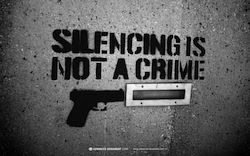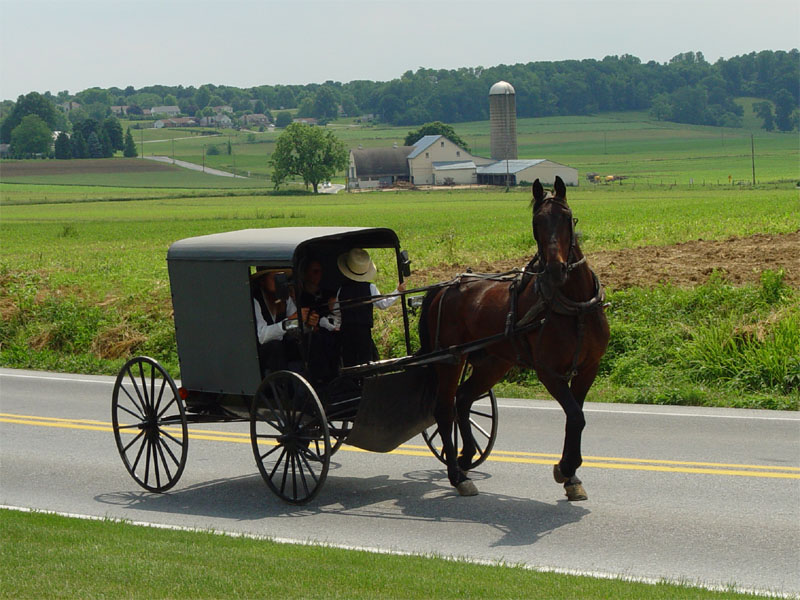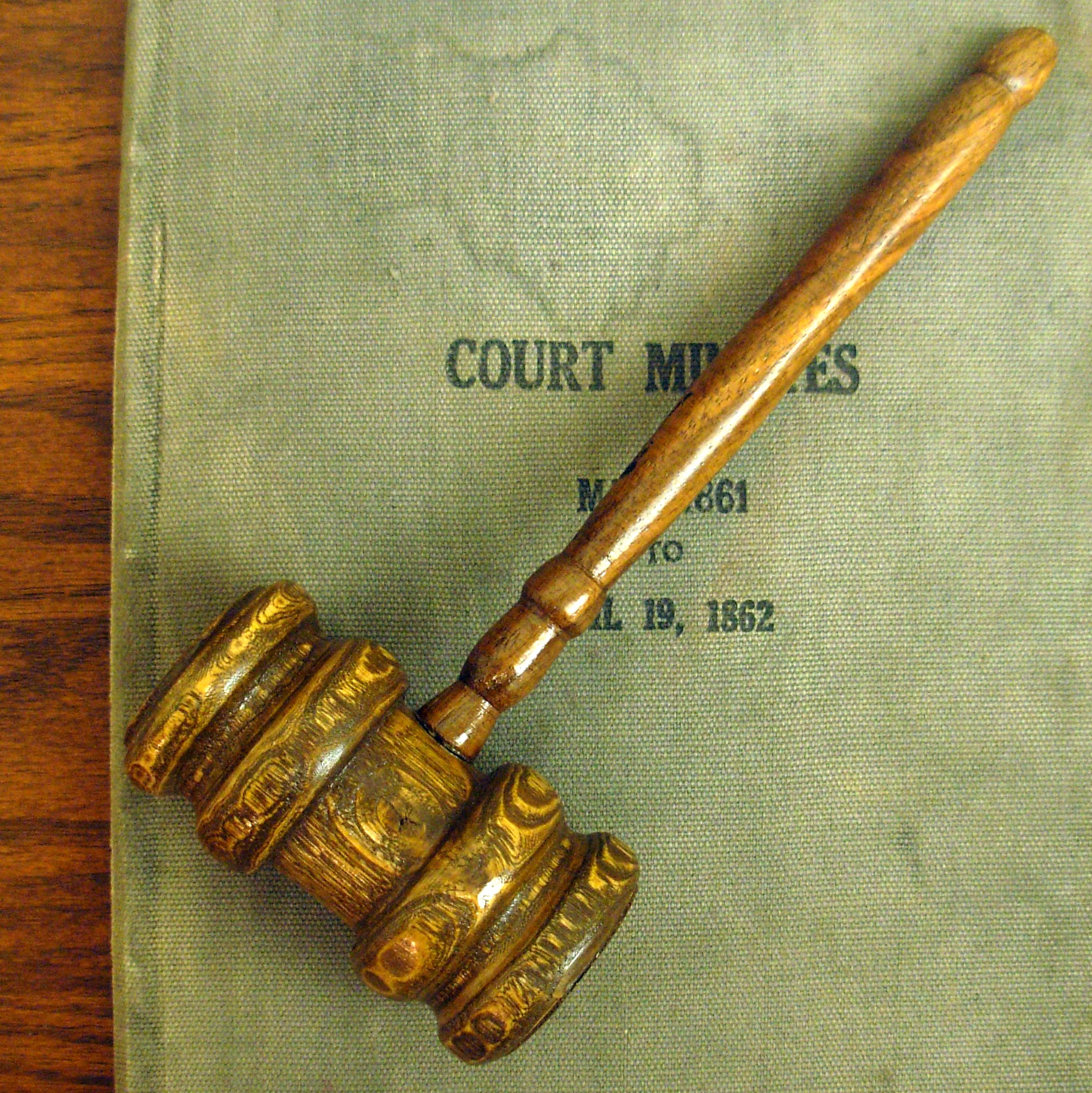Hard to believe that April is almost over. The good news is that my report has been largely delivered, so I have more writing energy to devote to blogging. I was doing a security and infrastructure analysis for a client that turned out to be a good bit lengthier than I had thought, so hence the mad scramble to finish it. When someone is paying you five figures for a report, it has to be written far more carefully and with far greater scrutiny than a blog post. I only wish I could get paid $500 per page here! But here’s some news for free anyway:
With the late situation in Baltimore is just another reminder of what the law ultimately means, and if you’re not willing to see people die to keep sharp, pointy things illegal, you probably shouldn’t have a law. Oh, and good thing O’Malley disarmed everyone before all this, otherwise someone might get hurt.
Harrisburg ordered to release donor information for their legal defense funds.
Civil Rights victory for non-citizens.
Thirdpower noticed something in the Brady Staffer who was plaintiff on the Lucky Gunner suit. Brady keeping a gun owner database? Why? Of course, it could be an epic troll, in which case well-played. Miguel noticed too, and thinks it might be a violation of Florida law if true. Probably other states too.
Remember folks, guns are bad because there might be accidents involving children. But teaching children to stay away from guns is evil. Of course, it makes sense when you figure without tragedies to exploit, the other side doesn’t really have much in the way of arguments.
Oregon State Senator Betsy Johnston: “New Oregon Gun Law Will Accomplish Nothing”
Bloomberg’s Everytown: We’ll debate any expert, anywhere, anytime, as long as they agree with us.
Veto threat coming from the New Hampshire governor on Constitutional Carry.
I had no idea that Albertsons supermarkets banned firearms in their stores. Good thing I don’t shop there. Though, the reason I don’t shop there is because their supermarkets suck.
Here’s hoping Tim McGraw is continuing to Dixie Chick himself.
Senator Tim Kaine loves himself some gun control. I am very alarmed that Virginia is on its way to becoming a solid blue state, thanks to out of control growth of our federal government. This will be very bad for NRA.
Our Congressional seat will be open in 2016. The Dem lining up called for a door-to-door confiscation bill of all semi-automatic firearms after Sandy Hook. This is still a swing district, and our GOP sucks, but this guy can’t win. He’s from New Jersey, originally, which should surprise no one.
Caleb asks about whether the firearms industry should tighten admission standards for media at trade shows. If you just required them to have a business card and have posted something about guns in the past week, that would weed out a huge number of unserious people.
Civil Rights Victory in Illinois. As a gun owner, I would never see a therapist. This is the reason why.
New Jersey is a may-issue state when it comes to gun ownership.
 The Firearm Blog takes a look at the new AK-12.
Hey, maybe if so many people weren’t constantly beating the confiscation drum, this bit at the Daily Beast might actually have some credibility.
Politifact admits handgun waiting period essentially useless. That assumes the goal is public safety, and not frustrating people out of exercising their enumerated constitutional rights. Interesting timing, because Clayton Cramer has a new paper out on this very topic.
Remember, our opponents in the gun control movement are often horrible people.






